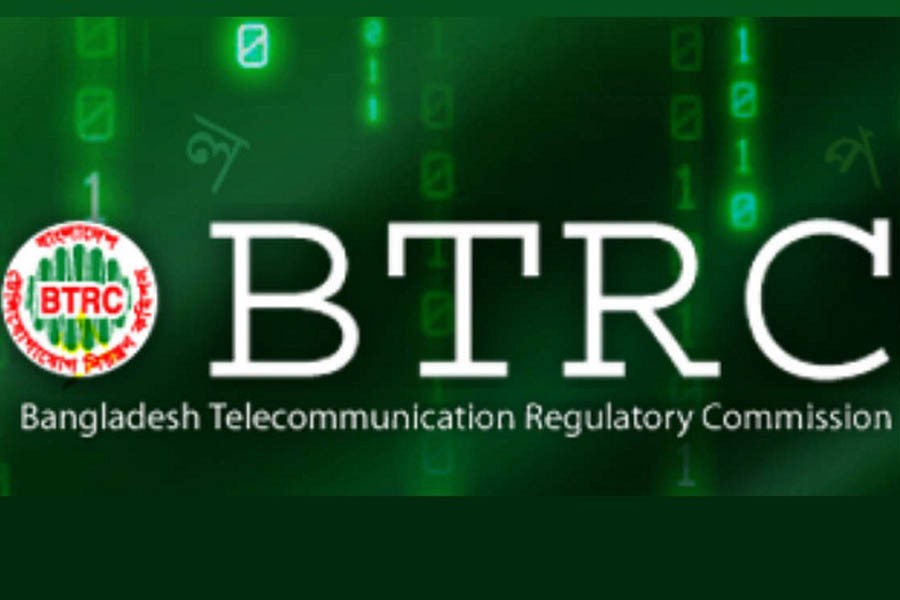
Published :
Updated :

Stakeholders in the telecommunications sector voiced on Wednesday their strong opposition to the draft telecom topology proposed by the Bangladesh Telecommunication Regulatory Commission (BTRC), warning that the proposed network topology and licensing regime could compromise national security, favour foreign corporate interests, and lead to loss of thousands of jobs.
Stakeholders from the NTTN sector also alleged that the BTRC's recent workshop on the licensing framework was geared toward safeguarding the interests of mobile network operators (MNOs), rather than ensuring equitable development across the sector.
They urged authorities to protect the investments of over 300 licensed Internet Service Providers (ISPs), many of whom risk being sidelined under the proposed framework.
They discussed the entry of Starlink into Bangladesh, viewing it as a double-edged sword-offering technological advancement while posing a potential threat to local internet service businesses.
NTTN operator Fiber@Home at the event has called for the telecom licensing policy to be vetted by the International Telecommunication Union (ITU) before implementation, emphasising the need to safeguard national interests.
The company's Chairman, Moinul Haque Siddiqui, stressed that the telecom sector was intrinsically linked to national security and warned against allowing 100 per cent foreign investment in such a critical area.
The concerns and observations were raised at a workshop and briefing titled "Telecommunication Network and Licensing Policy: The Future of NTTN", organised by the Telecom and Technology Reporters Network Bangladesh (TRNB) in a city restaurant.
Moderated by TRNB President Samir Kumar Dey, the event featured a welcome address by General Secretary Masuduzzaman Robin, who emphasised the importance of safeguarding local entrepreneurship. "To ensure national security, we must reduce our reliance on foreign entities," he said.
Fiber@Home, a leading Nationwide Telecommunication Transmission Network (NTTN) operator, called on the government to prioritise national interests and subject the proposed licensing policy to review by the International Telecommunication Union (ITU) before implementation.
Rejecting the BTRC's justification for the new topology, Fiber@Home Chairman Moinul Haque Siddiqui argued that the claim of outdated infrastructure was misleading.
"There are no technological barriers to investing in 5G. The issue is not infrastructure, but policy lacking," he said. "The proposed changes will distort the existing telecom ecosystem, forcing many small ISPs to shut down and leading to significant job losses."
Telecom expert Suman Ahmed Sabir also criticised the draft policy, describing it as contradictory and urging revisions. "Telecom services are a matter of national security," he stated.
"Foreign investment may be necessary in some areas, but the focus should be on building domestic capacity, not on overhauling the licensing system. While restrictions are being proposed to prevent network-layer overlap, mobile operators are being allowed to expand freely. If mobile network operators are permitted to offer enterprise-level fibre connectivity, the ISP sector will collapse under this semantic loophole."
Fiber@Home Additional Director Azad Chowdhury also addressed the event, followed by the company's Chief Governance Affairs Officer, Abbas Faruk, who stressed the progress already made by existing NTTN operators.
"Six NTTN providers have already deployed nearly 150,000 kilometres of fibre optic cable nationwide," he said.
"Mobile operators are now using advanced transmission equipment such as DWDM, yet an unjustifiable disparity persists between public and private NTTNs."
In a detailed presentation, Government Affairs Officer Lieutenant Colonel Rabiul Islam pointed out several inconsistencies in the proposed framework. "Rather than reducing disparities, this initiative risks deepening them," he warned. "
He further alleged that the BTRC-led workshop on the licensing framework was orchestrated to serve the interests of mobile operators rather than ensuring balanced sectoral growth.
bdsmile@gmail.com


 For all latest news, follow The Financial Express Google News channel.
For all latest news, follow The Financial Express Google News channel.